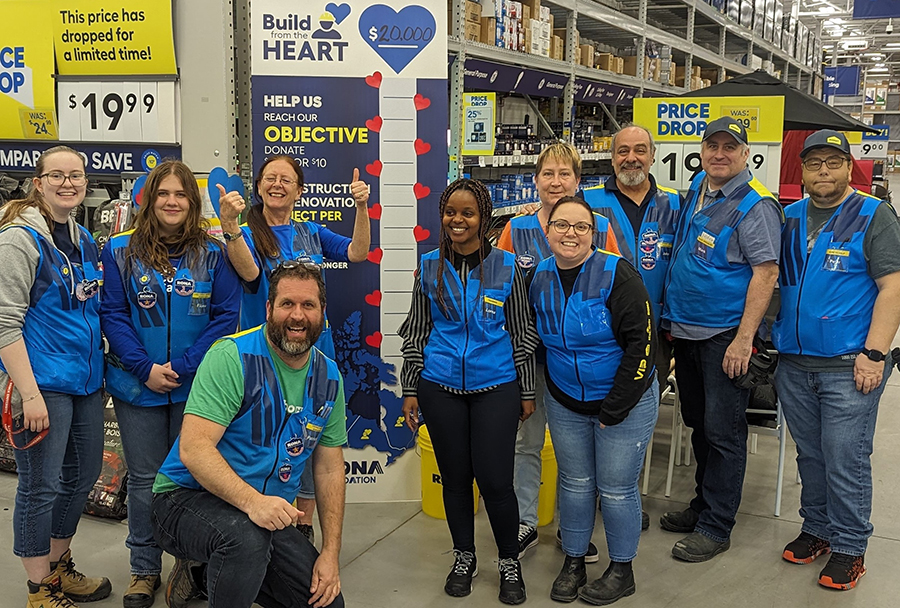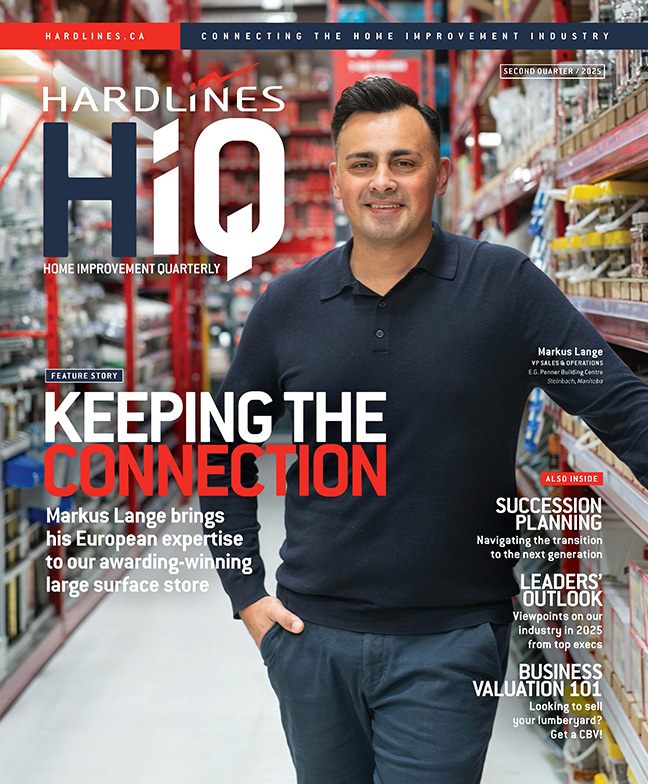 It’s one thing for a retailer to tout its affordability for customers. And offering financing terms can be a useful tool to support that stance. But how about providing financial literacy to help consumers manage the money they’re investing in your products?
It’s one thing for a retailer to tout its affordability for customers. And offering financing terms can be a useful tool to support that stance. But how about providing financial literacy to help consumers manage the money they’re investing in your products?
That’s exactly what IKEA Canada is doing. Financial services are now available in IKEA Canada stores nationally. In keeping with the company’s desire to make life more affordable for Canadians, IKEA Canada is collaborating with Royal Bank of Canada to launch purchase financing to its customers called “PayPlan by RBC.”
This pay-over-time program gives in-store customers access to financing with no hidden fees, says the retailer. It’s now available at IKEA stores across the country, with additional plans for online customers to be able to access PayPlan by RBC purchase-financing starting this month. It offers customers flexible payment options at rates ranging from no interest to 9.99 percent.
Canadian residents over the age of majority in their province of residence are eligible to apply for a PayPlan by RBC instalment loan and will receive an immediate decision following a soft credit bureau inquiry that doesn’t affect their credit score.
But it’s not stopping there. The company is committed to supporting the financial wellbeing of both its co-workers and customers. In support of the development and launch of IKEA Financial Services, IKEA Canada has integrated financial literacy tools and training available through the McGill Personal Finance Essentials course for co-workers across the organization.
It’s a free online course and features segments that include an introduction to personal finance, tips on budgeting and saving, and how to understand debt and how to borrow money. There are also segments on investing and understanding real estate. There’s even a bonus module on cryptocurrencies.
(To discover more about McGill’s personal finance tools, developed in association with RBC and The Globe and Mail, click here.)


 Laura Freeman is executive vice-president of human resources and chief human resources officer for Orgill Inc., the Memphis-based hardware distributor that serves independent hardware and building supply dealers worldwide, including hundreds in Canada.
Laura Freeman is executive vice-president of human resources and chief human resources officer for Orgill Inc., the Memphis-based hardware distributor that serves independent hardware and building supply dealers worldwide, including hundreds in Canada.
 Environmental initiatives can play well with customers. But do they matter for your staff? When RONA inc. got named as one of Canada’s Greenest Employers last month, we called the retailer to find out how the various initiatives RONA undertakes matter to their employees.
Environmental initiatives can play well with customers. But do they matter for your staff? When RONA inc. got named as one of Canada’s Greenest Employers last month, we called the retailer to find out how the various initiatives RONA undertakes matter to their employees. By Sarah McVanel
By Sarah McVanel Can bosses get too particular about their team’s duties? And can that behaviour be a deterrent to that team’s capabilities—and their well-being? You know it can! A recent article posted by CNBC reported on a presentation made by one of the biggest bosses in the U.S.: the former president and CEO of IBM, Ginni Rometty.
Can bosses get too particular about their team’s duties? And can that behaviour be a deterrent to that team’s capabilities—and their well-being? You know it can! A recent article posted by CNBC reported on a presentation made by one of the biggest bosses in the U.S.: the former president and CEO of IBM, Ginni Rometty.
